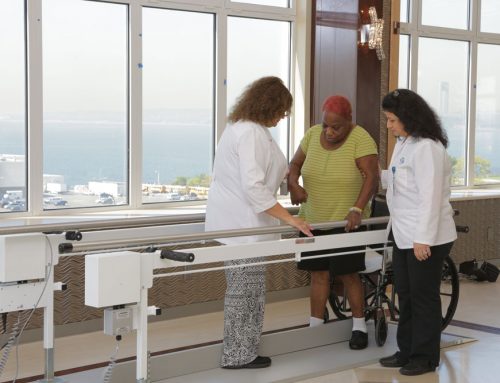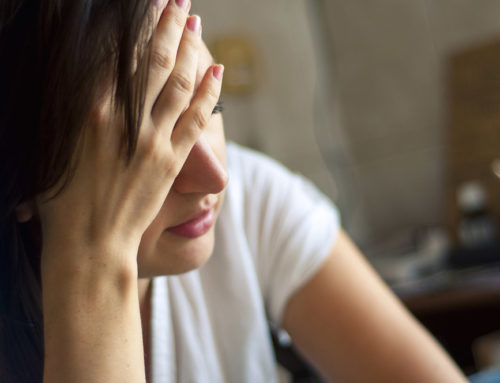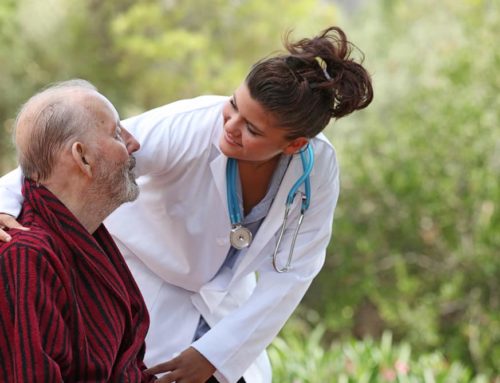Did you know that sleeplessness can seriously affect your health? We all need a certain amount of sleep each night to wake up feeling refreshed, revitalized, and ready for the day ahead. However, the truth is that one third of American adults do not get enough sleep. Stress, a hectic lifestyle, computers and smartphones all affect the amount of shut-eye we get.
How much sleep do we need?
Sleep is vital to our wellbeing. It’s a much-needed period when the body is able to restore and repair muscles, the immune system, organs, and tissues. Studies have also shown that sleep plays a crucial part in improving memory, too.
Everyone is different and how much sleep required varies from person to person. In general, the average adult needs between seven and nine hours per day.

How does sleeplessness affect health?
We have all experienced grumpiness, fatigue, and difficulty focusing after a sleepless night. But it’s not just a bad mood that results from a lack of sleep. Without enough sleep, our body is unable to rejuvenate itself.
Restlessness can begin to take its toll on your mental state. Concentration levels decrease and decision making becomes more difficult. The risk of accidents and injuries occurring in the home or while driving increase.
Prolonged sleeplessness can cause major health issues. It weakens your immune system and makes you more prone to serious medical conditions. Heart disease, obesity, diabetes and hypertension (high blood pressure) have all been linked to sleep deprivation.
How to avoid missing sleep?
If you find yourself feeling groggy and irritable in the morning, you are probably not getting enough sleep. But don’t let sleeplessness harm your health. With a few changes in lifestyle, the amount of sleep you get each night will drastically improve. Here’s how to address sleeplessness:
Regulate your sleep pattern
Our internal body clock needs to get into a rhythm. Get into the habit of going to bed at the same time every day — even on the weekends. Establishing a routine will program the brain to release sleep hormones at a set time.
Get regular exercise
Expending energy through physical activity can contribute to a more restful night’s sleep. Regular exercise can also relax the mind and alleviate stress and anxiety. There is no need to hit the gym, unless you want to, of course. Yoga, gentle stretching and walking are all hugely beneficial.
Prepare for sleep
It may sound strange, but actually preparing to go to bed will help you sleep. Dim the lights an hour before you plan to sleep. Switch off the computer and TV. Listen to calming music or take a warm bath. Doing these things will signal to your body and mind that it’s time to relax and slow down.
Keep your room as dark as possible
Even the tiniest of lights can be disruptive to sleep. Switch off the digital alarm clock display and the TV standby light. If you do not have black-out curtains on the windows, consider using an eye mask.
The link between sleeplessness and health is well established and proper sleep is critical to ongoing wellbeing, particularly in seniors. That’s why at Haym Salomon Home for Rehabilitation and Nursing in Brooklyn we’re dedicated to equipping our residents with everything they need for a good night’s sleep.
This content comprises informative and educational resources only and can not be considered as a substitute for professional health or medical guidance. Reliance on any information provided in this article is solely at your own risk. If you have any inquiries or apprehensions about your medical condition or health goals, talk with a licensed physician or healthcare provider.






Leave A Comment